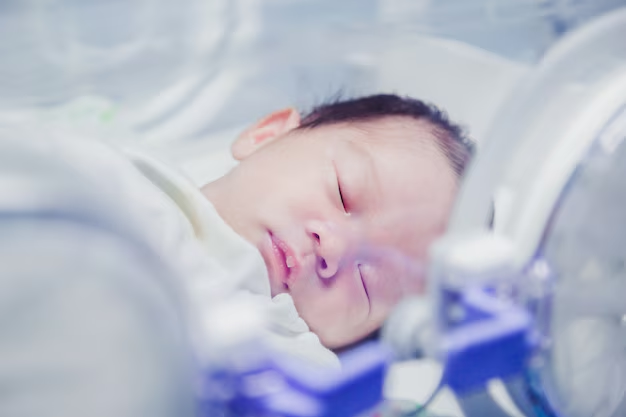How to Become a Neonatal Nurse: Essential Degrees and Certifications
Embarking on the rewarding journey to become a neonatal nurse involves a structured educational path, underscoring the importance of dedication to both academic and professional training. To begin with, aspiring neonatal nurses must earn a Bachelor of Science in Nursing (BSN) from an accredited institution—a pivotal step that equips them with broad nursing knowledge and clinical competence. Graduates then need to pass the NCLEX-RN exam to obtain a registered nursing (RN) license, which is a requirement to practice legally in the healthcare field.
Once the foundational credentials are secured, specialized training enhances one's expertise in neonatal care. While not mandatory, obtaining certifications such as the Neonatal Resuscitation Program (NRP) and the Critical Care Registered Nurse-Neonatal (CCRN-Neonatal) can significantly bolster a nurse's proficiency and marketability in neonatal intensive care units. Educational advancements, like a Master of Science in Nursing (MSN) or Doctor of Nursing Practice (DNP) with a focus on neonatal care, further distinguish nursing professionals committed to excellence in this vital specialty. These educational pathways underscore the ever-growing need for specialized training to provide the utmost care for our smallest patients.
Pathway to Neonatal Nursing:
- 🎓 Bachelor of Science in Nursing (BSN)
- Foundation of nursing education
- 📝 NCLEX-RN Exam
- Required for RN licensure
- 🎓 Neonatal Resuscitation Program (NRP) Certification
- Recommended for specialized neonatal skills
- 🏆 Critical Care Registered Nurse-Neonatal (CCRN-Neonatal) Certification
- Validates expertise in neonatal intensive care
- 🎓 Master of Science in Nursing (MSN) or Doctor of Nursing Practice (DNP)
- Advanced education focused on neonatal care
By understanding these key educational requirements and certifications, aspiring neonatal nurses can navigate their careers toward impactful and fulfilling roles within the healthcare system.
